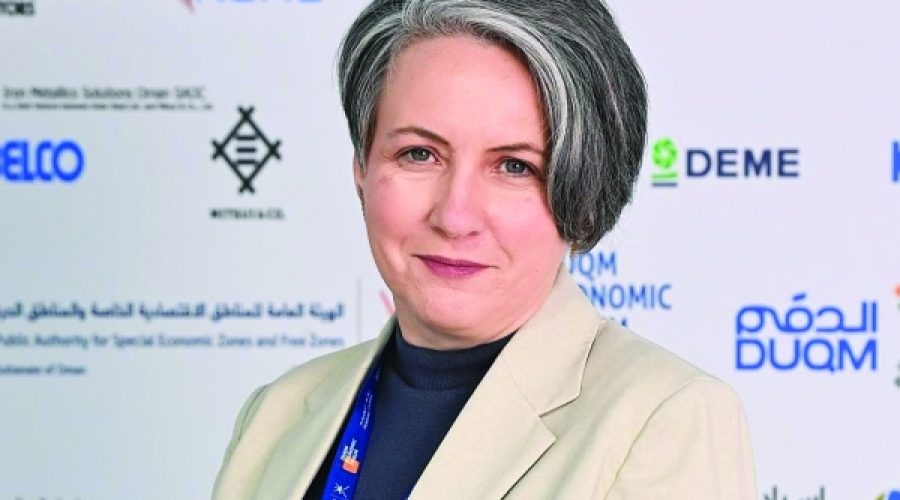WB Group’s Commitment to Unlock Private Investment: What It Means for Business Growth in Oman Vision 2040
MUSCAT: In an increasingly interconnected world, attracting private capital has become essential for achieving sustainable development. Speaking at the MSX Chairman’s Dialogue on Monday, November 10, 2025, Wendy Werner, World Bank Group Country Manager for Oman, emphasized the critical role of “maximizing finance for development.” She highlighted the collaboration between governments and private investors as a key driver for inclusive growth and resilient economies.
The event highlighted the longstanding partnership between Oman and the World Bank Group, which has supported the Sultanate’s development since it joined the institution in 1971. This discussion comes at a pivotal moment as Oman accelerates its national transformation in line with Oman Vision 2040, aiming to establish a diversified and competitive economy powered by private sector innovation and investment.
“The World Bank Group is working closely with the Government of Oman and the private sector to provide knowledge, tools, and financing solutions that will help realize Oman Vision 2040,” said Werner. “Mobilizing finance for development is vital to achieving this goal.”
Globally, the financing gap for development is vast. The United Nations estimates that an additional $4 trillion annually is needed to meet the Sustainable Development Goals (SDGs) by 2030. This amount far exceeds what international development assistance currently provides. Although global financial institutions manage trillions in assets, only a small portion is directed towards emerging markets or projects with significant social impact.
For Oman specifically, achieving Net Zero by 2050 requires roughly $230 billion in capital investment. Renewable energy, sustainable infrastructure, and digital innovation are key pillars of Oman Vision 2040. “Governments cannot face these challenges alone,” Werner noted. “Private investment must play a transformative role in job creation, climate action, and sustained growth.”
Mobilizing private capital has become a strategic priority for the World Bank Group, which leverages partnerships and innovative financing instruments to attract commercial investment into development sectors. Between 2021 and 2025, the Group mobilized $242 billion globally through initiatives blending public and private funds.
A notable example is the São Paulo sewage treatment project in Brazil, where the World Bank Group helped mobilize $4 billion in private and institutional financing. This project expanded clean water access for nearly four million people while improving urban infrastructure. Such initiatives demonstrate how public-private partnerships can align commercial interests with social goals—an approach increasingly relevant to Oman’s infrastructure and sustainability objectives.
Additionally, the World Bank Group’s Guarantee Platform, launched in 2024, offers credit guarantees, risk-sharing mechanisms, and policy support to help investors manage risk and invest confidently in emerging markets like Oman.
As Oman continues to implement reforms to attract investment and encourage entrepreneurship, strong partnerships with international financial institutions will be crucial. “Maximizing finance for development is not just about funding,” Werner concluded. “It is about creating the right environment for private investment to flourish—driving prosperity for people, the economy, and the planet. This is the essence of Oman Vision 2040.”
Special Analysis by Omanet | Navigate Oman’s Market
Oman’s strong partnership with the World Bank Group signals a strategic opportunity for businesses to tap into innovative financing tools and public-private partnerships that align with the Vision 2040 agenda. Smart investors should prioritize sectors like renewable energy, sustainable infrastructure, and digital innovation, where massive capital inflows and risk mitigation mechanisms are being actively promoted to drive inclusive, climate-resilient growth. However, firms must also navigate evolving regulatory reforms and leverage international collaboration to maximize value in this transformative phase.



